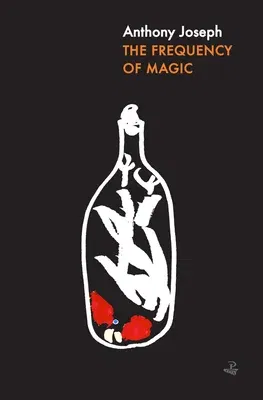Anthony Joseph
(Author)The Frequency of MagicPaperback, 12 March 2020

Qty
1
Turbo
Ships in 2 - 3 days
Only 3 left
Free Delivery
Cash on Delivery
15 Days
Free Returns
Secure Checkout

Print Length
306 pages
Language
English
Publisher
Peepal Tree Press
Date Published
12 Mar 2020
ISBN-10
1845234553
ISBN-13
9781845234553
Description
Product Details
Author:
Book Format:
Paperback
Country of Origin:
US
Date Published:
12 March 2020
Dimensions:
20.32 x
13.46 x
2.54 cm
ISBN-10:
1845234553
ISBN-13:
9781845234553
Language:
English
Pages:
306
Publisher:
Weight:
385.55 gm